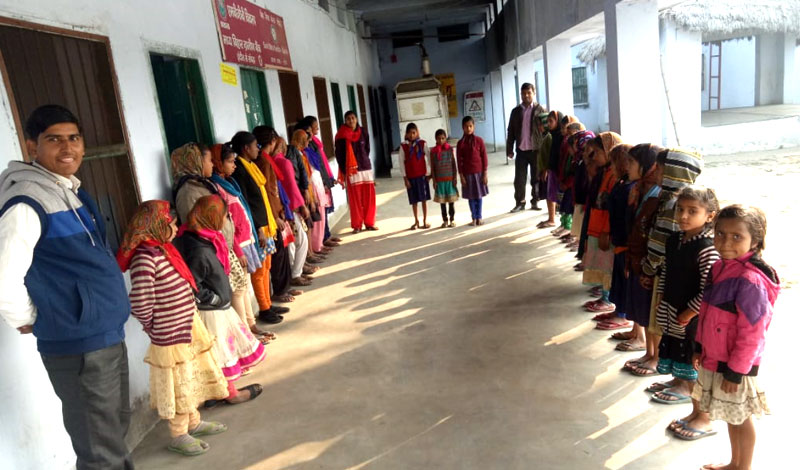
Education can be defined as a process by which people acquire knowledge, skills and values essential for becoming good citizens of country. IT can help the people to appreciate their cultural heritage and live in unity in a society. Education involves both learning and teaching. Teachers and schools have the chief responsibility foe education. The kind of organized instruction they provide is called formal education.
Learning that result from less organized instruction is classified under non-formal education. In order to facilitate and equip deprived section of society with education, the organization organized non-formal education programme in Kaliachak Block. Non-formal education is essentially functional education. It is mainly intended for the development of the deprived sections of society. It caters to their minimum need. Farmers, for instance, can get training to produce high yields.
This system of education is characterized by considerable flexibility. The duration and timing of courses are oriented to the needs of the learners. It derives support from the involvement of the community in its various activities such as planning of programmes, curriculum design, and evaluation. Even the instructors are selected from the local community itself. The objectives to organize the programmes are as under :
- To promote awareness through pre-literacy education; • To make social and community education programmes meet the demands of the r
